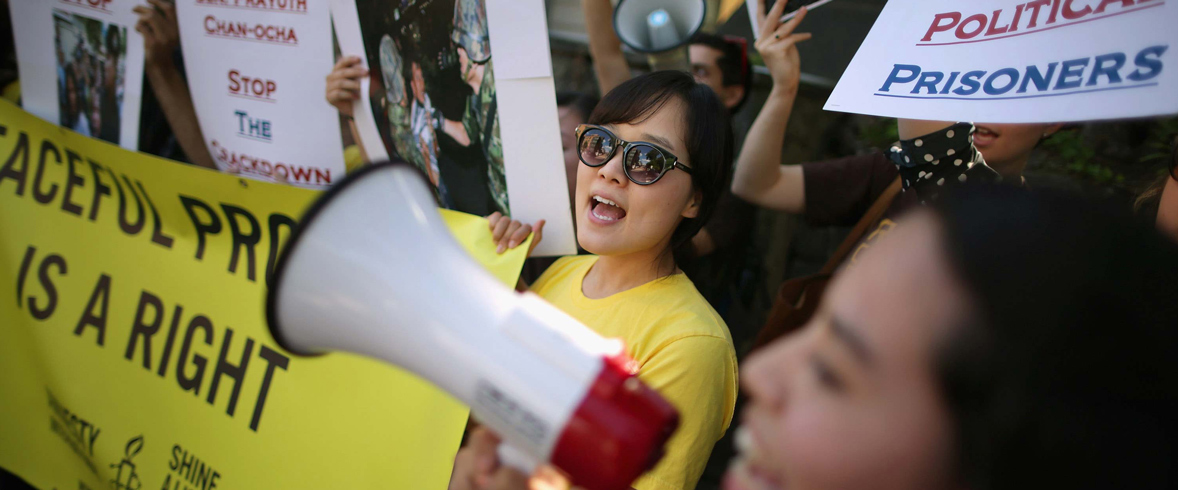Ahmeti to Seek Resolution in Parliament Recognizing Genocide Against Albanians
(google translate)
(google translate)
Ahmeti: We will propose a resolution on the genocide committed against Albanians 104 years ago
The remains of Albanian victims of massacres from 1913 to the Second World War found in the tombs were buried today in Zajas, Kichevo.
The Organizing Council for the Discovering of Crimes against Albanians organized the transfer of the remains of victims of the genocide to Albanians at the Mother Teresa Memorial Center in Zajas.
At the request of the Organizing Council for the detection of crimes against Albanians in the past century, Ali Ahmeti, as the initiator of the activities to clarify the genocide crimes against Albanians, delivered a speech to the audience, demanding solidarity from the Macedonians, as they said, and there were crimes against them. That is why we will insist on bringing a resolution in Parliament to condemn the genocide committed against Albanians 104 years ago. Let no one fear that we will not seek compensation because their lives can not be compensated with anything, Ahmeti said.
A short speech was also delivered by Deputy Prime Minister Hezbi Lika, who pointed out that with the respect of these victims, he was told not to repeat such crimes.
The Minister of Diaspora in the Government of Albania, Pandeli Majko, also said that "these people were killed because they simply spoke Albanian" and thanked the Macedonian authorities for allowing this event to be marked.
Mayor of the Municipality of Kichevo Fatmir Dehari pointed out that as a municipality they supported the initiative from the very beginning because, they said, these people deserve this respect. The addresses of the mayor of Srbica, R. Kosovo Bekim Jashari as well as the head of the IVZ Sulejman Rexhepi.
At the event at the Albanian Mother's Memorial Center in Zajas near Kicevo, members of the government cabinet from the DUI, as well as MPs from this party and other citizens, were present.
Some time ago, in Zajas and elsewhere in Kicevo, tombs of victims of massacres of Albanians were discovered from 1913 until the Second World War.
The remains of Albanian victims of massacres from 1913 to the Second World War found in the tombs were buried today in Zajas, Kichevo.
The Organizing Council for the Discovering of Crimes against Albanians organized the transfer of the remains of victims of the genocide to Albanians at the Mother Teresa Memorial Center in Zajas.
At the request of the Organizing Council for the detection of crimes against Albanians in the past century, Ali Ahmeti, as the initiator of the activities to clarify the genocide crimes against Albanians, delivered a speech to the audience, demanding solidarity from the Macedonians, as they said, and there were crimes against them. That is why we will insist on bringing a resolution in Parliament to condemn the genocide committed against Albanians 104 years ago. Let no one fear that we will not seek compensation because their lives can not be compensated with anything, Ahmeti said.
A short speech was also delivered by Deputy Prime Minister Hezbi Lika, who pointed out that with the respect of these victims, he was told not to repeat such crimes.
The Minister of Diaspora in the Government of Albania, Pandeli Majko, also said that "these people were killed because they simply spoke Albanian" and thanked the Macedonian authorities for allowing this event to be marked.
Mayor of the Municipality of Kichevo Fatmir Dehari pointed out that as a municipality they supported the initiative from the very beginning because, they said, these people deserve this respect. The addresses of the mayor of Srbica, R. Kosovo Bekim Jashari as well as the head of the IVZ Sulejman Rexhepi.
At the event at the Albanian Mother's Memorial Center in Zajas near Kicevo, members of the government cabinet from the DUI, as well as MPs from this party and other citizens, were present.
Some time ago, in Zajas and elsewhere in Kicevo, tombs of victims of massacres of Albanians were discovered from 1913 until the Second World War.




Comment